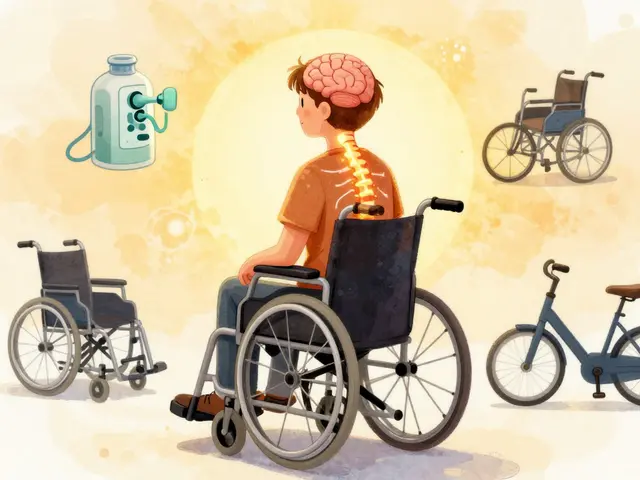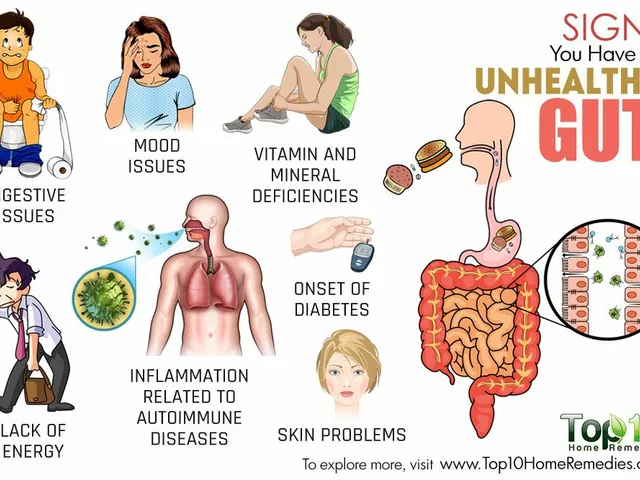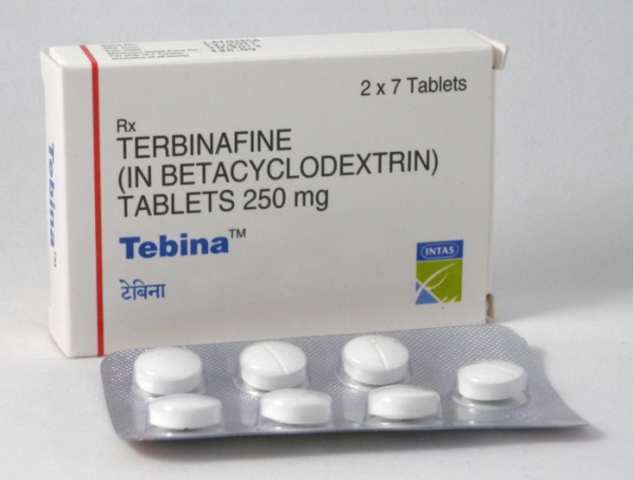Alcohol consumption: what you need to know about drinking and medicines
Even a small amount of alcohol can change how medicines work. Some combinations make you sleepy, some make a drug less effective, and a few can be dangerous. If you take any regular medication — blood pressure pills, antidepressants, pain meds, or sleep drugs — it helps to know the real risks and clear steps to stay safe.
Alcohol and medications: clear, practical rules
Alcohol often adds to drowsiness. Benzodiazepines like Ativan plus alcohol can cause extreme sleepiness, slowed breathing, and poor coordination. Antipsychotics such as Abilify also amplify sedation and can worsen thinking or balance problems. Opioids and some sleep meds behave the same way — never mix them with drinks.
Other combos affect blood pressure. Drinking with nitrates (for example Isordil) or with some erectile dysfunction drugs like sildenafil can drop blood pressure suddenly and cause fainting. If you’re on Lisinopril-HCTZ or methyldopa for hypertension, alcohol can exaggerate dizziness or fainting, especially when you stand up fast.
Some medicines and alcohol combine to hurt the liver. Certain antidepressants and antibiotics may increase liver strain if you binge drink. For example, mixing heavy alcohol use with drugs that are processed by the liver raises the risk of liver damage — check labels and ask your pharmacist.
There are also less-obvious risks. Elderly people can develop low sodium (hyponatremia) more easily when drinking, especially if they take diuretics or certain antidepressants. Some drugs like Topamax (topiramate) can make you feel foggy and alcohol makes that worse. Even supplements and herbal products — garlic supplements, for instance — may change how other drugs behave when alcohol is involved.
Smart, safe drinking habits
If you take medication, follow these simple steps: read the leaflet, talk to your prescriber, and ask your pharmacist. Don’t assume a little drink is always harmless. When starting a new drug, avoid alcohol for a few days so you notice side effects clearly. If a medication warns against drinking, take that seriously.
Use harm-reduction: stick to low amounts, eat before drinking, and avoid mixing multiple sedating drugs plus alcohol. Watch for warning signs — severe dizziness, fainting, confusion, trouble breathing, or unusual heart symptoms — and seek help immediately. If you’re older, have liver disease, or take multiple medications, lean toward avoiding alcohol entirely.
Got questions about a specific drug like Reminyl, Phenergan, Zithromax, Dostinex, or duloxetine? Bring the medication list to your doctor or pharmacist. Small changes in how you drink can keep medicines working the way they should and prevent real harm.
Candrugstore.com posts practical guides and reviews that help you navigate these interactions — use them as a starting point, and always check with a clinician for advice tailored to you.
16
Hyponatremia and Alcohol Consumption: Understanding the Risks
As a blogger, I recently came across the topic of Hyponatremia and alcohol consumption and discovered some alarming risks associated with it. Hyponatremia is a condition where the sodium levels in the blood are abnormally low, which can lead to serious health complications. I learned that excessive alcohol consumption can greatly increase the risk of developing this condition, as alcohol can interfere with the body's ability to regulate sodium levels. It's important for all of us to be aware of these risks and consider moderating our alcohol intake to maintain a healthy balance. So, let's stay informed and make smarter choices for our overall well-being.
Latest Posts
Popular Posts
-
 Meniere’s Diet: How Sodium Restriction and Fluid Balance Reduce Vertigo and Hearing Loss
Meniere’s Diet: How Sodium Restriction and Fluid Balance Reduce Vertigo and Hearing Loss
-
 Spinal Cord Injury: Understanding Function Loss, Rehabilitation, and Assistive Devices
Spinal Cord Injury: Understanding Function Loss, Rehabilitation, and Assistive Devices
-
 Duloxetine and Liver Health: What You Need to Know About Hepatotoxicity Risk
Duloxetine and Liver Health: What You Need to Know About Hepatotoxicity Risk
-
 Accidental Pediatric Medication Overdose: How to Prevent It and What to Do If It Happens
Accidental Pediatric Medication Overdose: How to Prevent It and What to Do If It Happens
-
 Enteral Feeding Tube Medication Safety: Compatibility and Flushing Protocols Explained
Enteral Feeding Tube Medication Safety: Compatibility and Flushing Protocols Explained



